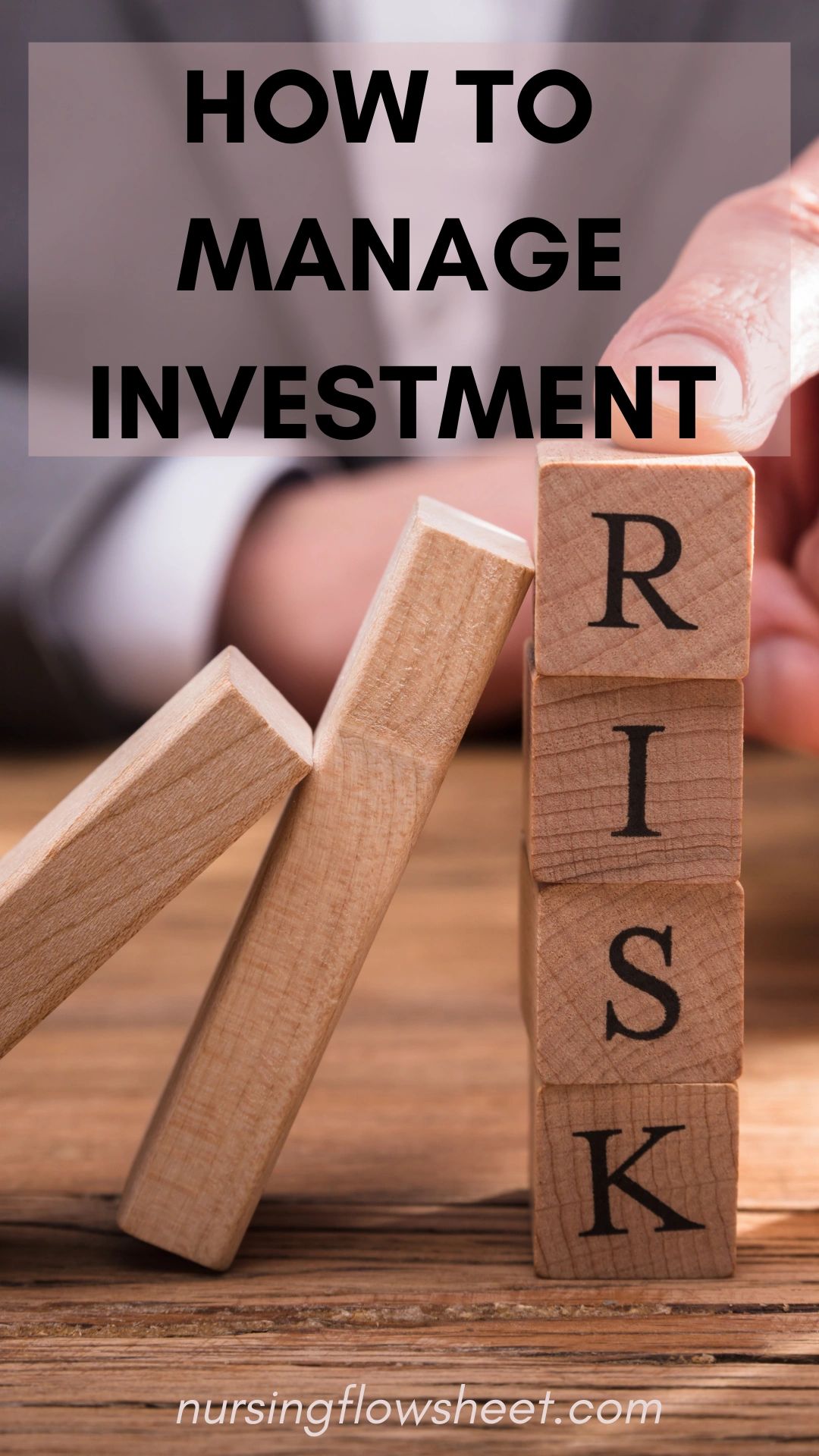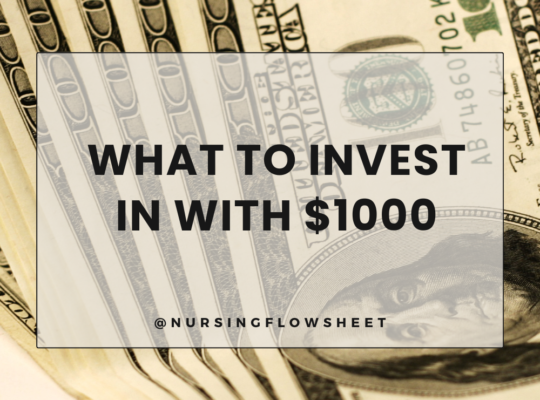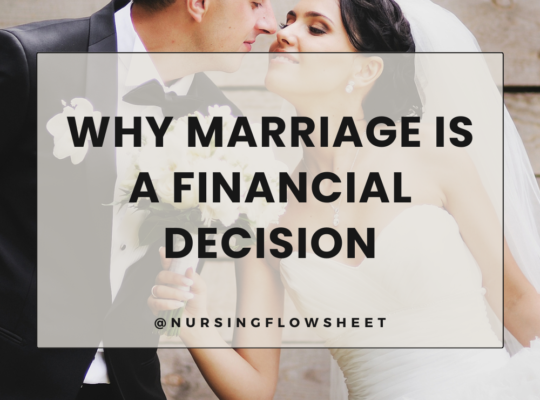In reality, almost everything has risks. When you invest, you take a certain level of risk.

There are different types of risks when it comes to investing.
There is no guaranteed return for any type of investments. Typically, the higher the risk, the higher the reward.
This is why it’s very important to assess your risk tolerance before investing.
Managing Risk
You cannot eliminate investment risk but you can manage it.
There investment strategies help manage both systemic risk (risk affecting the economy as a whole) and non-systemic risk (risks that affect a small part of the economy, or even a single company).
- Asset Allocation. By including different asset classes in your portfolio (for example stocks, bonds, real estate and cash), you increase the probability that some of your investments will give satisfactory returns even if the others are losing value. There are different ways on how you can allocate your assets. First, you have to know what your risk tolerance is and what is your goal with your investment. Are you investing for retirement? Is this a short-term goal? do you need the money in 3-5 years?
- Diversification. This is the same as when they tell you not to “put all eggs in one basket”. When you diversify, you divide the money you’ve allocated to a particular asset like stocks. A simple way of diversifying your investment portfolio is through investing in index funds.
LEARN HOW TO INVEST IN INDEX FUNDS HERE
- Rebalancing. Longer term investors may try to manage risk by periodically by rebalancing or selling stocks/assets that have come to take up too much of the portfolio. I usually do my portfolio revisit quarterly.
- Dollar-cost Averaging. It means investing a specific amount of money at regular intervals instead of a lump sum. Under this approach, you invest more in shares when the prices go down and reduce your investment when the prices go high. This way the average cost is balanced.
- Lastly, invest what you can afford to lose. It is not smart to invest ALL your money. This is why it’s important to have an emergency fund. While investing could be profitable, it could result in losses as well.
READ: WHY EMERGENCY FUND IS IMPORTANT
Conclusion
I am somewhat conservative when it comes to retirement accounts, this is why I put mostly ETFs/index funds in it. On the other hand, I could be an aggressive investor also & invest on individual stocks, options even cryptocurrency.
Bottom line, in order to reach and be successful with your financial goal, you have to learn how to manage your risks. ??








